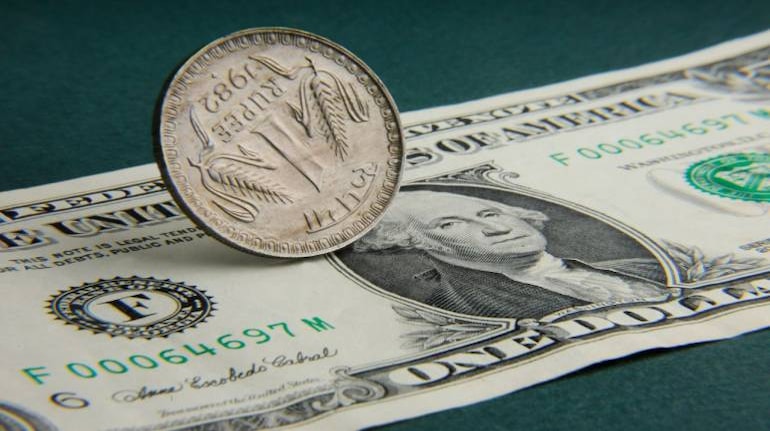PTI
January 19, 2024 / 05:22 PM IST

State-run banks were seen bidding for dollars earlier in the session, likely on behalf of importer clients, the trader added.
The Indian rupee closed stronger on Friday, supported by dollar sales from foreign banks, but snapped a two-week winning streak as a moderation in U.S. rate cut expectations and equity-related outflows weighed on the local unit earlier in the week.
The rupee closed at 83.0650 against the U.S. dollar, up 0.07% from its previous closing of 83.1225. The local currency recorded a weekly decline of 0.17%.
Most Asian currencies ticked higher, led by the offshore Chinese yuan, which rose more than 0.2%. The dollar index edged lower to 103.34 but seemed set to notch a weekly gain.
While the rupee drifted in a narrow range through much of Friday’s session, it gained in the closing minutes aided by dollar sales from foreign banks, a foreign exchange trader at a private bank said.
State-run banks were seen bidding for dollars earlier in the session, likely on behalf of importer clients, the trader added.
The rupee’s recent movement has largely been driven by inflows or outflows and the choppy trend may persist in the near term, said Anindya Banerjee, head of foreign exchange research at Kotak Securities.
A reassessment of rate cut expectations in the United States supported the dollar this week and led to a rise in U.S. bond yields, aided by strength in U.S. economic data.
The 10-year U.S. Treasury yield was last quoted higher at 4.14%, indicating an 19 bps increase so far this week.
Story continues below Advertisement
Investors are currently pricing in a 55% chance of a Fed rate cut in March, down from about 73% a week earlier, according to CME’s FedWatch tool.
“Markets remain attached to the prospect of a March cut … but we struggle to imagine the Fed cutting in two months’ time against the current economic backdrop,” ING Bank stated in a note.

